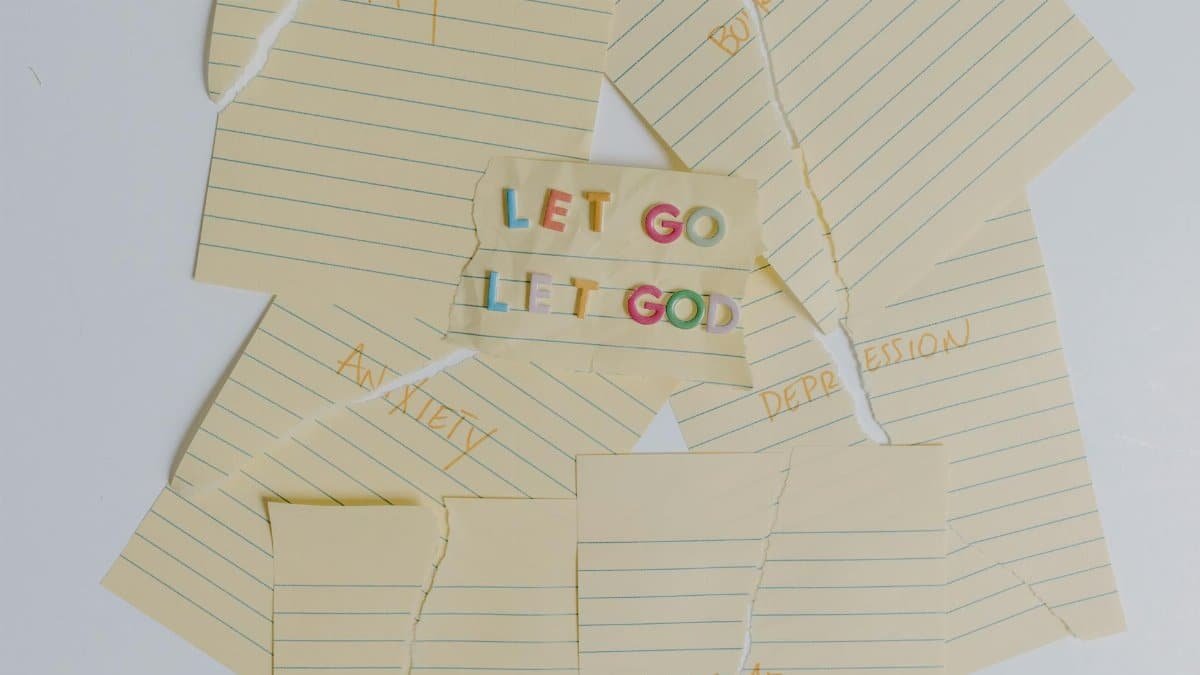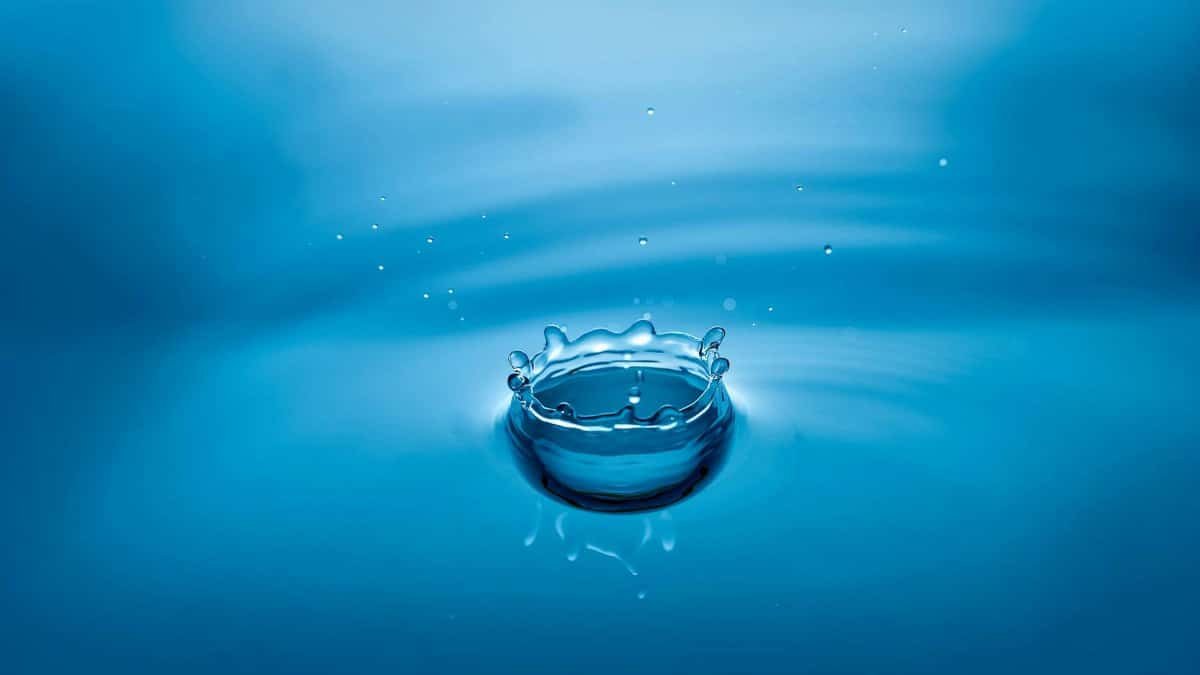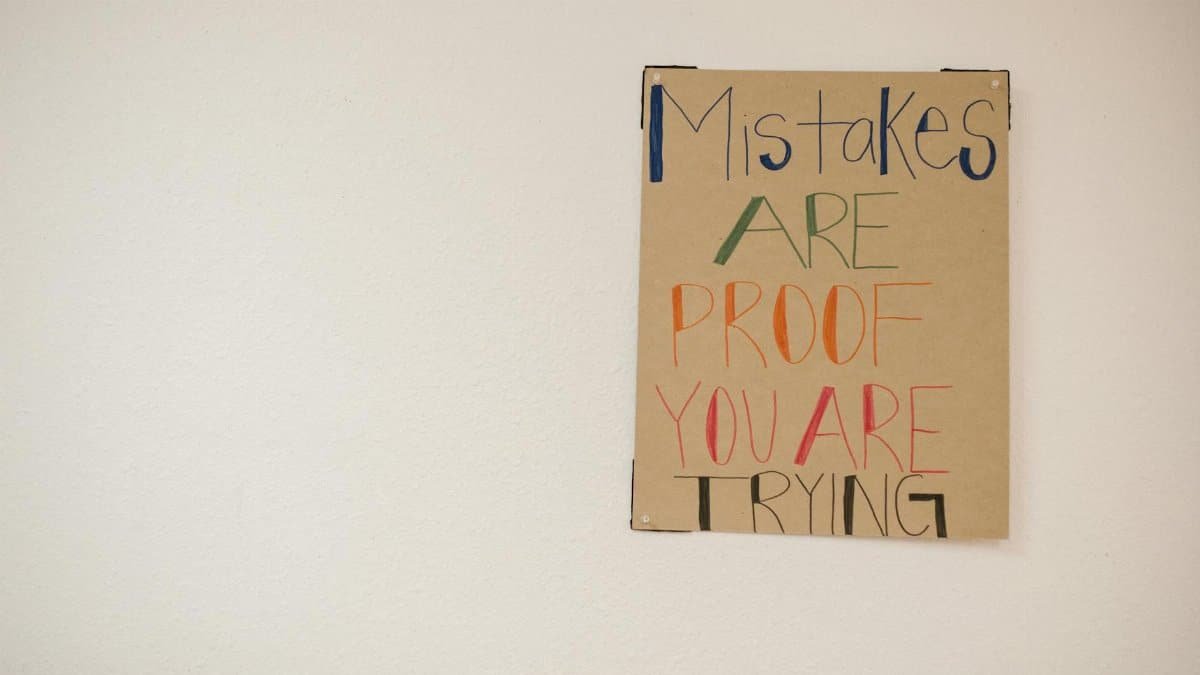Have you ever paused to consider why some people bounce back from setbacks with grace, while others seem trapped in a cycle of self-doubt? What if the key lies not in sheer willpower, but in something quieter, more internal? This question cuts to the heart of resilience forgiveness, a concept gaining traction among therapists and self-help circles. It suggests that true strength emerges when we release the grudges we hold against our own vulnerabilities. In a world that prizes perfection, this approach invites us to listen to our bodies’ subtle signals. Stress knots in the shoulders, unexplained fatigue—these might be pleas for compassion. As Americans navigate an era of rapid change, understanding this dynamic could transform how we heal and grow.
The Roots of Inner Conflict

Resilience often gets painted as a heroic trait, like a muscle you build through endless reps of grit. But dig deeper, and you find something messier. Many people carry invisible weights from past mistakes or traumas that never fully healed. Think of a middle-aged professional in Chicago, staring at a promotion she didn’t get, replaying every misstep in her mind. Her body tenses, heart races, as if reliving the failure anew.
This isn’t just emotional baggage. Research from the American Psychological Association shows that chronic self-criticism can spike cortisol levels, leading to physical exhaustion. A study published in the Journal of Personality and Social Psychology explored how self-compassion influences stress responses. Participants who practiced forgiving their own shortcomings reported lower anxiety and better sleep. It’s not about excusing errors, but acknowledging them without endless punishment.
Shift the scene to a quiet park bench. A woman sits, journal in hand, listing grievances against herself for a divorce years ago. Slowly, she crosses them out, one by one. Her shoulders drop. This act, simple as it seems, embodies resilience forgiveness. It frees up energy for forward movement. Yet, societal pressures in the U.S. often push the opposite: hustle harder, never admit weakness. In 2025, with mental health conversations more open, perhaps we’re ready to rewrite that script.
American Psychological Association on Resilience offers broader insights into building emotional strength.
Listening to Physical Cues

Our bodies speak volumes, if we tune in. A persistent headache might signal unresolved anger at a personal failure. Or that knot in your stomach? It could be your system’s way of begging for mercy over a regret you’ve buried. Resilience forgiveness starts here, in these somatic whispers.
Consider the story of a veteran teacher from Texas, who after decades in the classroom, faced burnout. She ignored the fatigue at first, pushing through with coffee and determination. But one day, a sharp pain in her chest forced a doctor’s visit. No heart issue, the tests said—just stress manifesting physically. Therapy introduced her to body scans, a practice where you mentally check in with each part of yourself, offering forgiveness for what it has endured.
Experts at the National Institutes of Health link such mindfulness to reduced inflammation. Their reports detail how self-forgiveness practices can lower blood pressure and improve immune function. It’s fascinating: by forgiving our perceived flaws, we literally heal from the inside out.
Of course, it’s not always straightforward. Some days, the cues feel overwhelming, like a flood of memories during a yoga class. But gradually, acknowledging them without judgment builds a sturdier foundation. In bustling cities like New York, where ambition runs high, this quiet listening becomes a radical act of self-preservation.
National Institute of Mental Health on Stress provides evidence-based strategies for managing bodily responses.
Challenges in Letting Go

Forgiveness sounds easy on paper, but reality bites back. Cultural narratives in America celebrate the self-made success story, often glossing over the stumbles. Admitting you need to forgive yourself can feel like weakness, especially for men raised on stoicism or women juggling impossible standards.
Take the anonymous account shared in online discussions: someone described feeling like a fraud after a career setback, their body aching from the shame. “I couldn’t sleep, couldn’t eat right,” they wrote. “It was like my own mind was at war with me.” This resonates with many in 2025, as economic uncertainties amplify self-doubt.
Psychologists warn that perfectionism exacerbates the issue. A Pew Research Center survey found that over 60% of adults feel pressure to appear flawless on social media, which hinders genuine resilience. Breaking free requires confronting these barriers head-on, perhaps through guided exercises or support groups.
Yet, there’s hope in the struggle. Each small act of release chips away at the walls. Over time, what was once a heavy burden lightens, allowing space for growth. It’s a process, uneven and human, but profoundly rewarding.
Pew Research Center on Social Media and Mental Health highlights societal pressures.
Building Emotional Strength Through Practice

So how do you cultivate resilience forgiveness? It begins with intention. Start small: a daily ritual of naming one thing you forgive yourself for. Maybe it’s snapping at a loved one during a stressful week. Whisper it aloud, feel the words settle.
Draw from real-life examples. A community leader in Atlanta turned to meditation after a public failure. She visualized her younger self, offering a hug instead of criticism. Months later, she led workshops on the topic, her voice steady and assured. Such stories illustrate the transformative power.
Evidence backs this up. Harvard Medical School’s publications on positive psychology emphasize self-compassion exercises. Their guides suggest journaling prompts that encourage viewing mistakes as learning opportunities, not indictments.
Mix in variety: some days, physical movement helps. A brisk walk while mentally releasing grudges can shift energy. Others prefer creative outlets, like painting the emotions tied to unforgiven moments. The key is consistency, weaving it into everyday life without forcing it. In a nation grappling with division, this personal work ripples outward, fostering kinder communities.
Harvard Medical School on Positive Psychology offers practical tools.
The Ripple Effects on Relationships

Resilience forgiveness doesn’t stop at the individual. It seeps into how we connect with others. When we ease up on ourselves, empathy flows more freely. Imagine a family dinner where past grievances linger unspoken. One member’s quiet self-forgiveness opens the door to honest talk.
In workplaces across the Midwest, this dynamic plays out. A manager who forgives her own leadership lapses becomes more patient with her team’s errors. Studies from the Centers for Disease Control and Prevention link improved mental health practices to better interpersonal dynamics, reducing workplace stress nationwide.
But tensions arise too. Not everyone is on board; some view self-forgiveness as self-indulgence. Navigating that requires balance, communicating boundaries while modeling the behavior. Over time, it strengthens bonds, creating networks of support that buffer against life’s blows.
Reflect on a couple in California, rebuilding after infidelity. Through mutual forgiveness—starting with their own roles—they rediscovered trust. It’s proof that inner work amplifies outer harmony.
CDC on Workplace Mental Health discusses relational benefits.
Navigating Setbacks with Grace

Setbacks hit hard, no matter who you are. The beauty of resilience forgiveness is its role as a safety net. Instead of spiraling into blame, you pause, assess, and release. This isn’t avoidance; it’s strategic recovery.
Picture an entrepreneur in Seattle whose startup flopped. Initially devastated, he turned inward, forgiving the naive decisions that led there. From that place, he pivoted to a new venture with clearer vision. His story echoes many in the tech hubs of 2025, where failure is part of the innovation cycle.
Research from Stanford University underscores this. Their work on growth mindsets shows that viewing failures as temporary boosts long-term success. Integrating forgiveness accelerates the process, turning pain points into pivot points.
Challenges persist, like when forgiveness feels insincere. Push through by focusing on facts: what was learned? How has it shaped you? Gradually, grace becomes second nature, a tool for enduring whatever comes next.
Stanford University on Growth Mindset provides foundational studies.
Embracing Long-Term Growth

Ultimately, resilience forgiveness fosters a lifelong journey. It’s not a quick fix but a evolving practice that deepens with age. For middle-aged Americans reflecting on careers and families, this can be particularly poignant.
Consider the broader trend: wellness apps now include modules on self-compassion, reflecting a cultural shift. In 2025, as remote work blurs boundaries, prioritizing this inner work prevents burnout.
Yet, it’s complex. Forgiveness might unearth buried emotions, requiring professional guidance. Therapists report increased demand for sessions focused on this theme, blending cognitive techniques with somatic awareness.
One final snapshot: a retiree in Florida, looking back on a life of “what ifs.” Through forgiveness, she finds peace, volunteering to mentor others. It’s a testament to how this concept rewires not just bodies, but entire lives.
APA on Self-Compassion explores its long-term effects.
